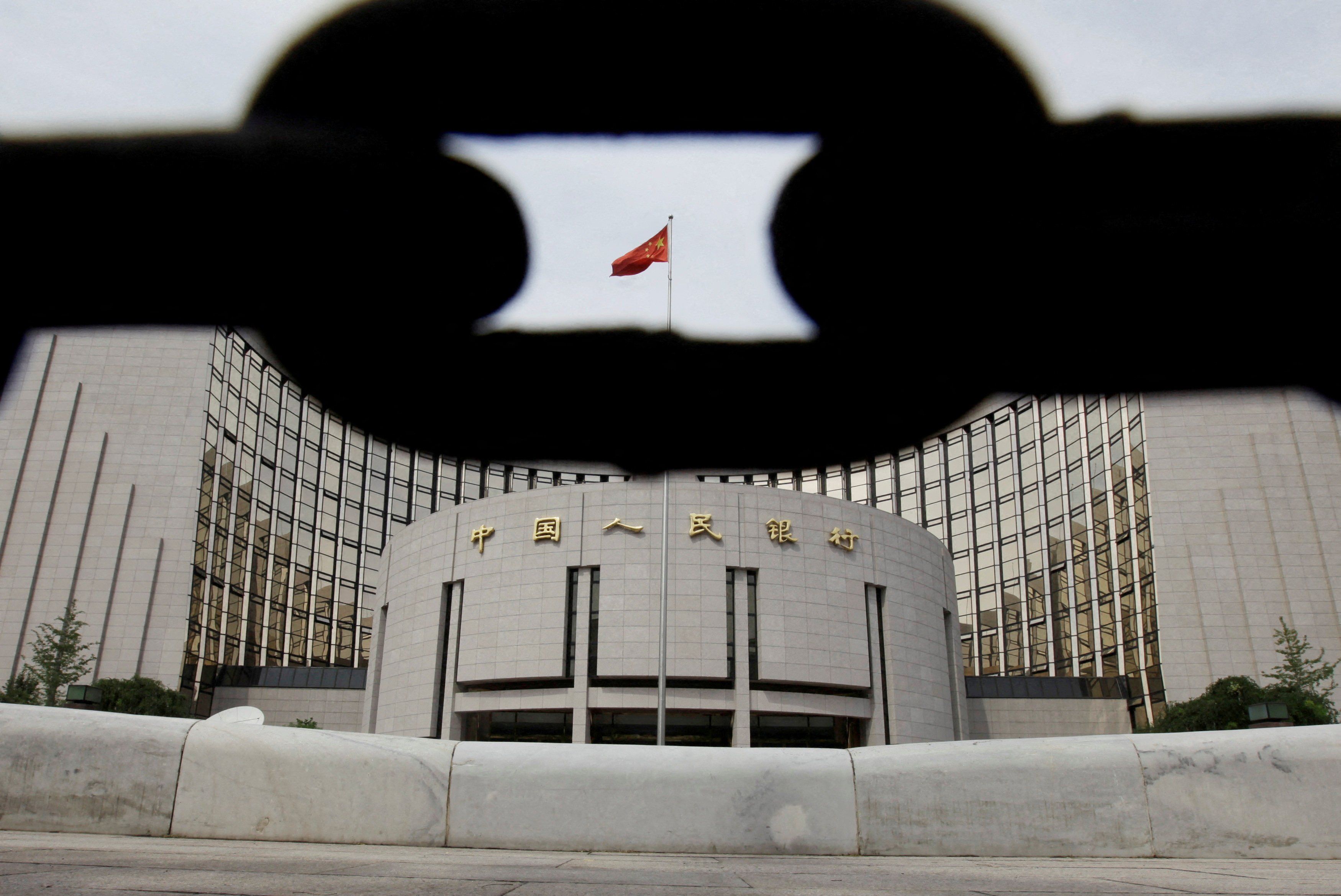As China’s financial troubles mount, analysts forecast stormy skies for its economy — and potentially, its politics.
Much of the turmoil centers on the country’s real estate sector, which has traditionally driven up to 25% of its economic growth. Last Friday, property development giant China Evergrande Group filed for bankruptcy in the US after two years of restructuring. The same day, Hong Kong’s Hang Seng Index announced that it would be dropping Country Garden Holdings, the country’s largest property developer, from its listing as of Sept. 4. Earlier this month, Country Garden missed a deadline to pay $22.5 million in loan interest and is described as “teetering on the edge of default.”
There have been several attempts to right the nation’s economic ship in recent days. China’s securities regulator announced a series of reforms to boost investment in its capital markets. Its Ministry of Public Security announced a relaxation of internal migration rules to combat urban labor shortages. And the People’s Bank of China attempted to shore up the renminbi by injecting Rmb757 billion ($104bn) of short-term liquidity into China’s banking system and cutting medium-term financing rates.
Household consumption — so low that there are fears of deflation — makes up only about 38% of GDP in China, compared with around 68% in the US, so increased consumer spending is an obvious choice for spurring economic growth. On Monday, the bank modestly cut one-year and five-year loan prime rates to make it easier for businesses and households to borrow money and boost consumer spending.
Why this matters: Apart from risks to both China’s and the world’s economy, there is concern that worsening economic prospects could incite the Chinese government to ramp up repression at home and aggression aboard. Former Special Assistant to the US Secretary of Defense Hal Brands warned that "China may act more aggressively in the near term — as its military capabilities mature — to lock in gains while it still has the chance." And President Joe Biden opined earlier this month that China’s economic woes present a “ticking time bomb” which could lead its leadership to “do bad things.”
Topping that list? Military action against Taiwan. China’s latest show of force in the region saw 42 warplanes and eight vessels dispatched to the South China Sea after Taiwanese Vice President William Lai stopped over in the United States en route to Paraguay.
Such a demonstration may be as much for domestic as external consumption to assert Xi Jinping’s authority and quell the grumbling of Chinese citizens, some of whom are angrily asserting their rights as their property investments tank. A whopping 90% of China’s households are homeowners, and most household debt is in the form of mortgages. That debt hit 63.5% of GDP in the second quarter of 2023, so if the country has its own Lehman Brothers moment, it could make the 2008-09 financial crisis look quaint by comparison.